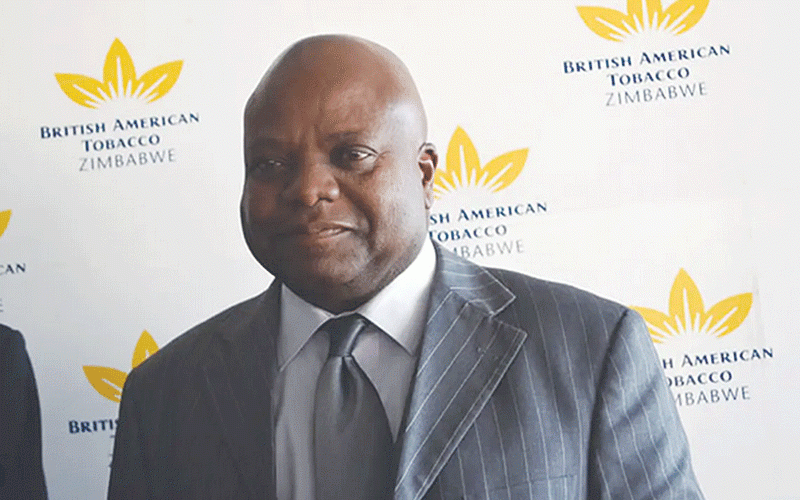
BRITISH American Tobacco Zimbabwe (Bat) reported a 50% increase in revenue to $24,3 billion for the year ended December 31, 2022, thanks to improved cut-rag tobacco and leaf exports sales.
According to the company's financial report for the year ended December 31, 2022, the company’s two income streams produced a gross profit of $18,3 billion, which is a 74% increase from the previous year.
“The group recorded a 50% increase in revenue amount to $24,3 billion compared to the previous year. This was driven by price review and revenue generated from cut-rag tobacco and leaf export sales,” company chairperson Lovemore Manatsa said.
Profit before tax for the year was finalised at $9,0 billion, which reflects a 20% growth compared to the same period in the prior year.
However, the revenue growth did not translate into similar growth in profit before tax due to the impact of exchange losses, according to Manatsa.
The group’s earnings per share increased to $287,43 from $277,11 recorded in the year prior.
Bat managed to record 1 054 million sticks for the year under review, compared to 1 130 million sticks recorded during the financial year ended 2021 which resulted in negative volume performance for the period.
“However, despite increased power shortages and reduced disposable income, the group was able to deliver a strong performance that was only 6,7% short of the previous year,” Manatsa added.
- Bat revenue 50% up
- BAT volumes decline
Keep Reading
This volume drop was due to the shortage of the local currency in the market which made it difficult for customers to purchase the company’s products.
The company’s smart pricing mechanism resulted in higher pricing when compared to competitor trade prices in United States-dollar terms.
“Separately, export volumes of cut-rag tobacco declined by 43% during the period under review compared to prior year as a result of decreased export market demand,” he said.
Bat is currently seeking to obtain alliance for water stewardship certification for 2023/24.
“The group continues with the water stewardship journey, increasing water recycling from 10% to 18%. These plus other initiatives to reduce water consumption have led to a drop of 17% in water usage in 2022 compared to 2021.
“Our drive to reduce energy usage together with CO2 (carbon dioxide) emissions led to a drop of 2,2% in absolute energy usage in 2022 compared to 2021,” Manatsa said.
The Bat board is expecting the trading environment to remain challenging during the 2023 financial year, characterised by high levels of inflation, exchange rate volatility and the global impacts of the war in Ukraine.
However, the company remains confident that the group is in a good position to navigate these erratic economic conditions through the implementation of effective business strategies.
- Follow us on Twitter @NewsDayZimbabwe










